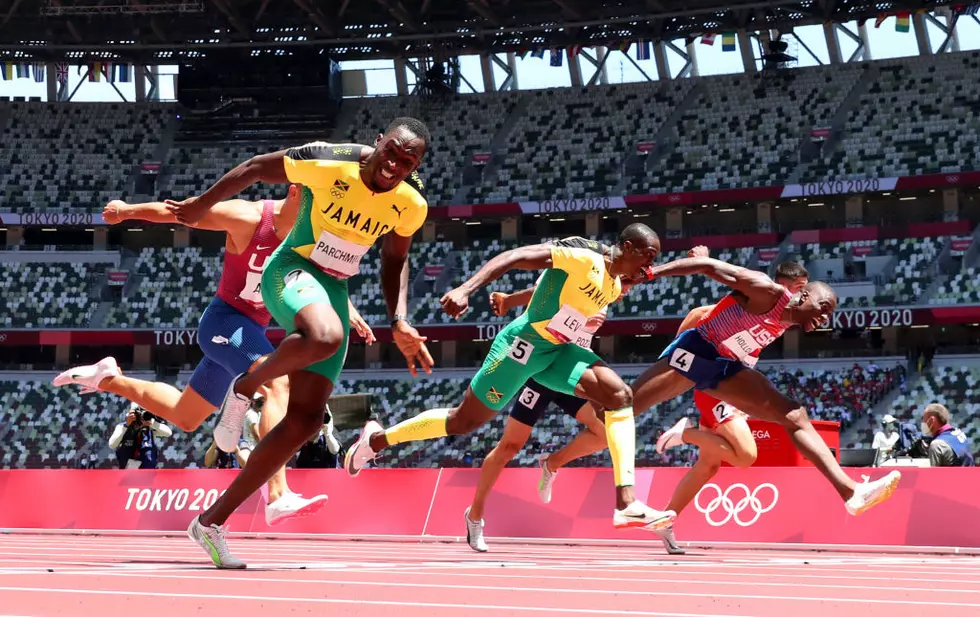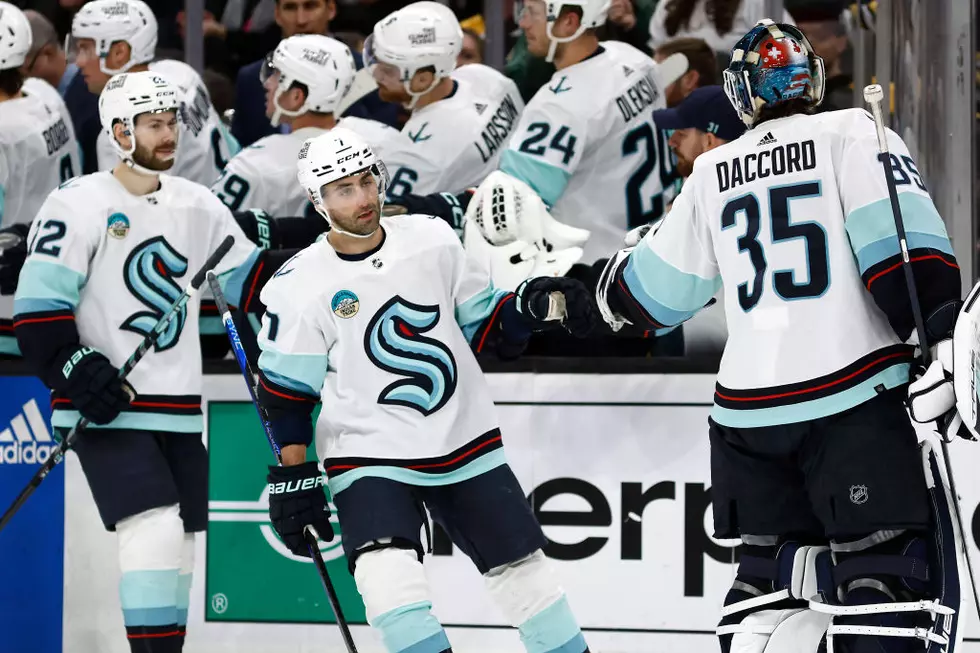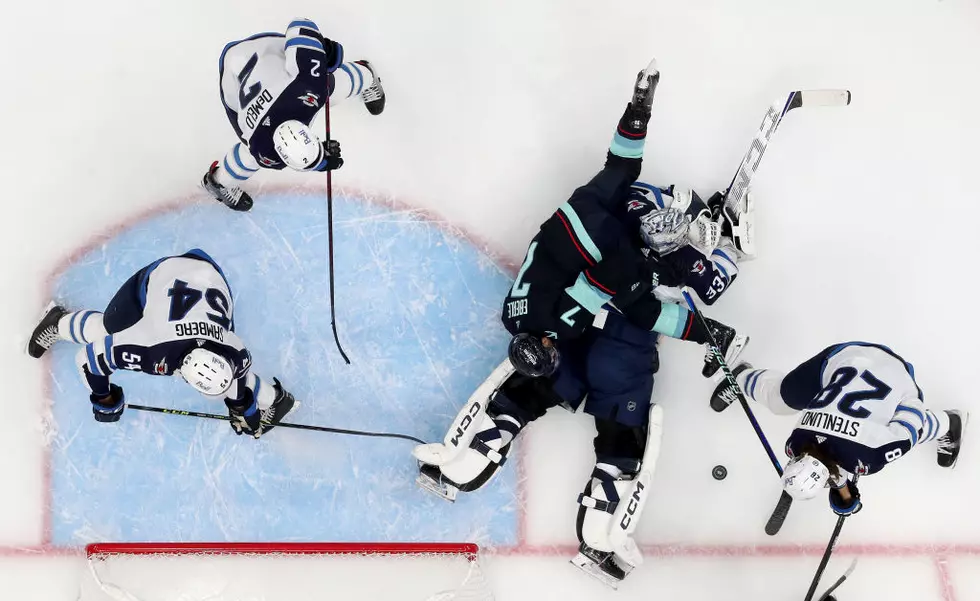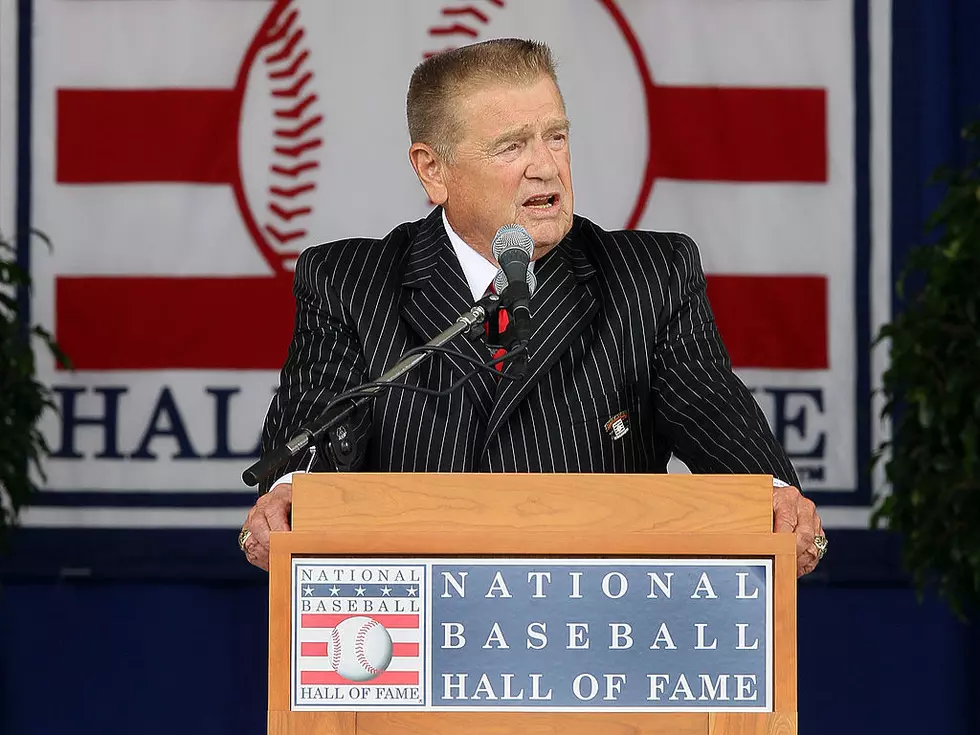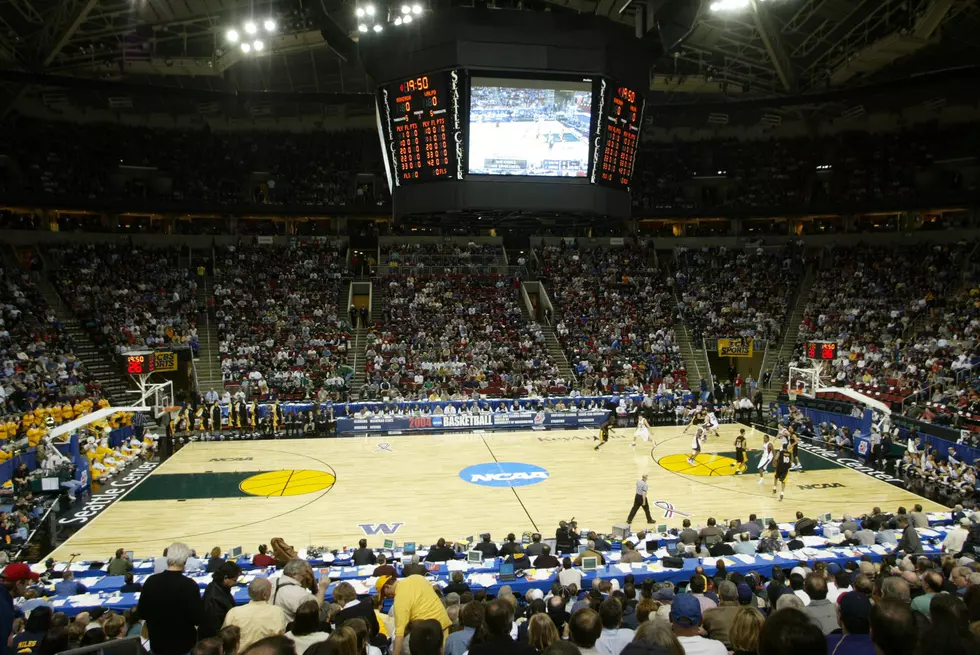
With an NBA and an NHL Team in Play, Speculation Centers on Seattle
Two major sports franchises might be on the move and Seattle is on the radar for landing them in the Pacific Northwest.
Within the past two years, the Milwaukee Bucks seemed to have escaped being NBA trade bait by securing new ownership. The franchise changed hands and hopes rose for a new arena in the City of Brews.
Fast forward to present day and there is all sorts of drama unfolding.
There is significant interest in in moving the Bucks to a vacant market, preferably to a larger media market where revenues could increase throughout the league by relocation.
The Bucks were purchased in April 2014 for $550 million, with a provision in the contract of sale that if the construction of a new facility is not active or in progress by November 2017, the league would buy the franchise for $575 million.
But within a month’s time, former Microsoft CEO Steve Ballmer purchased the Los Angeles Clippers for a breathtaking $2 billion and dramatically escalated the value of all NBA franchises. Realistically, the Bucks are now worth more than their purchase price in the previous transaction.
With a new multibillion-dollar television deal in the works for the NBA, if the proposed arena deal falls through in Milwaukee, there'll likely be a scramble to acquire the Bucks and Seattle will most certainly be in the hunt.
Keep in mind, Ballmer had partnered with fellow businessman Chris Hanson with the vision of landing a franchise in Seattle. With Ballmer pulling out to buy the Clippers, Hanson acquired industrial property in the SoDo district where CenturyLink Field and Safeco Field are adjacent to the properties purchased.
With environmental studies in progress on the SoDo site, there is discussion about another arena development in Tukwila, a geographical hub between Seattle and Tacoma. Tukwila has ample property with a solid economic base in the area and room for massive growth and commerce.
Now comes word of the NHL's Arizona Coyotes getting their tenant agreement yanked by the Glendale City Council, citing conflict of interest and revised Arizona state law. The Coyotes' management is taking legal action against the city of Glendale.
As the development unfolds, NHL Commissioner Gary Bettman stands firm to keep the Coyotes in Arizona, but don’t be surprised if something presents itself that would favor a move to the Pacific Northwest. Other cities that could vie for the team include Las Vegas and Quebec City. But it is up to the Board of Governors to make a decision, not Bettman.
Las Vegas is said to have an arena in construction, but not in the timeframe for completion of their project. Not an advantageous situation in Sin City at present, plus Las Vegas is a transient town and would be better suited to house minor league teams, which they already have for hockey and baseball.
Quebec City is a decent area for an NHL franchise, yet Le Colisee, the old home of the Quebec Nordiques, is a tired barn and would require major renovation in order to make it feasible to house a team. Why did the Nordiques move to Colorado to become the Avalanche and win the Stanley Cup a year after they moved to Denver? The ownership sought opportunity and succeeded in their move.
Where Seattle is concerned, KeyArena is in place at Seattle Center and could house both troubled sports franchises in the interim. In its current configuration, the building could hold more than 17,000 for basketball, while the capacity for hockey is just over 10,000. Although the minimum requirements for the NHL call for a 15,000-seat capacity, it would be viable to have a packed house every night in a smaller arena for two years rather than to go elsewhere and have a house half full. Once a franchise is rooted in a community that would make building a permanent home for a team more secure in the investment with long-term growth.
Another thing to consider is the establishment of the fan base in a market and their regional draw. Seattle is a major media market (Nielsen #13) and the population in the greater Puget Sound region is well over four million. Expanding the reach farther, the draw from Eastern Washington, Oregon, and Idaho, escalates to well over 15 million people in the Northwest.
If there is an opportunity for people to come together with two major sports franchises looking for homes, this might give Seattle a chance to become a premier North American sports town.
More From 1460 ESPN
